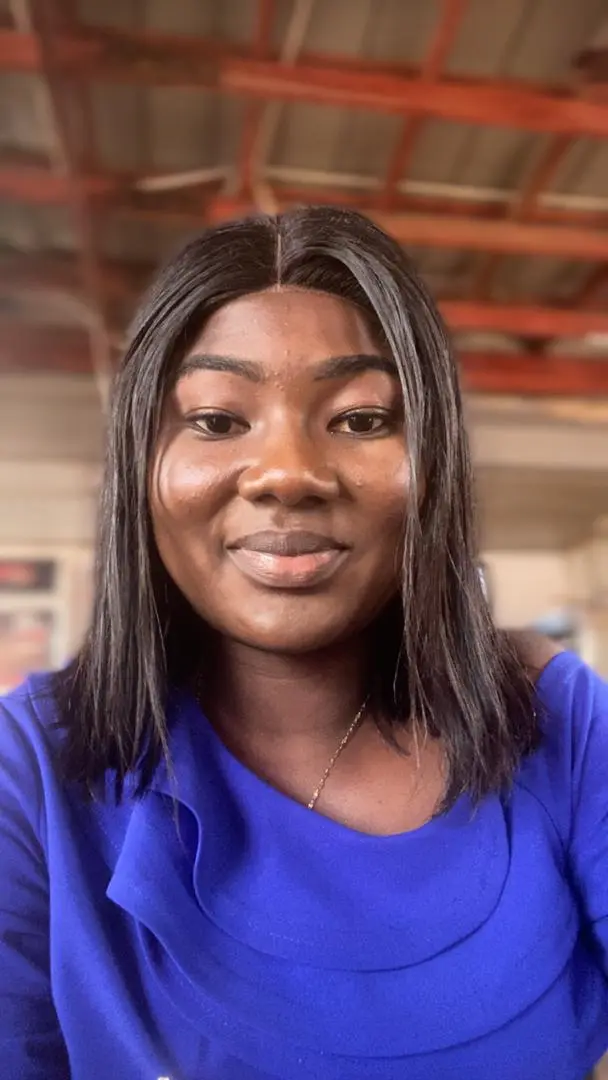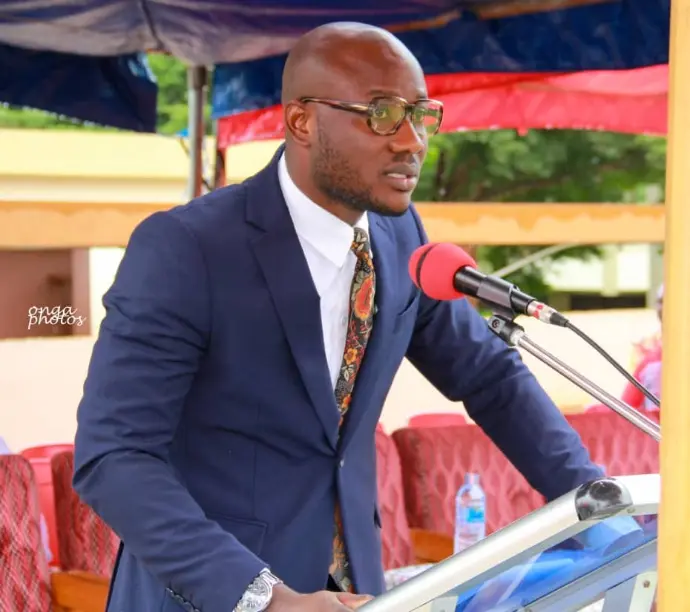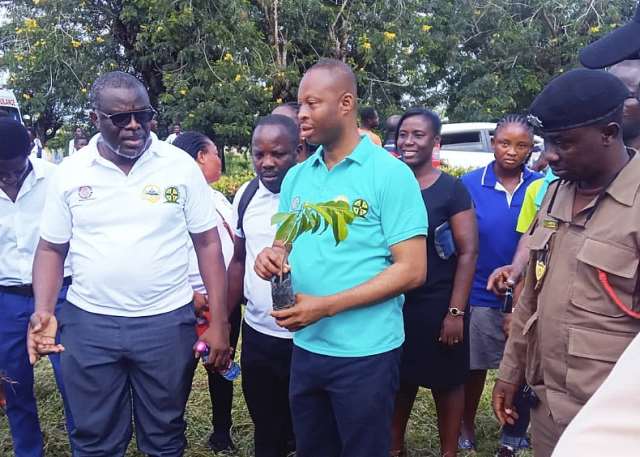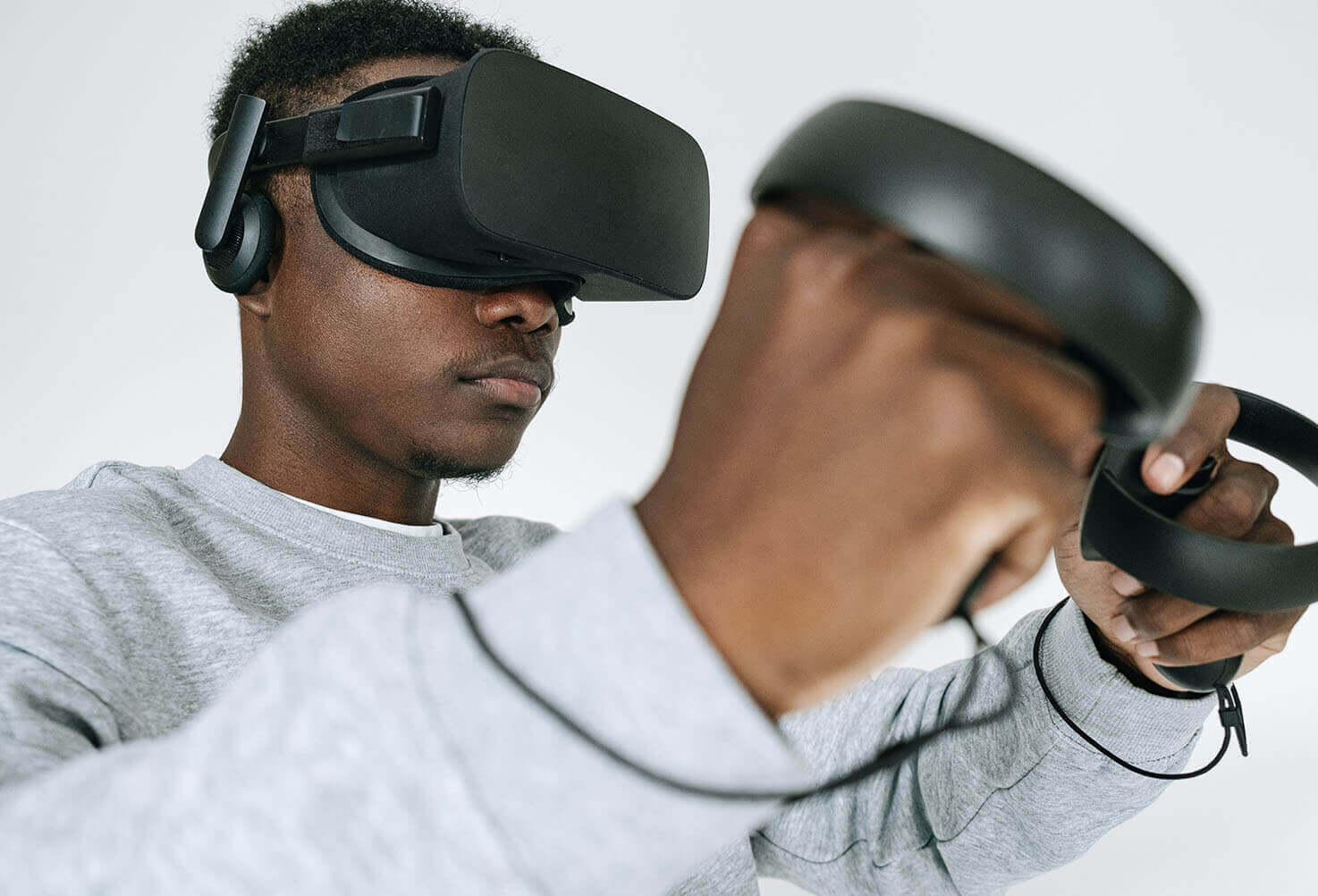What is the DiSC Fellowship Prize?
Application Forms
Discover what is the best pricing for you.
Editable Form
Draft offline first: prepare answers in a Word document or the editable template provided by DiSC before pasting into the online form. This protects your work and allows internal review.
Team submits one application per team. Schools may enter multiple teams; each team completes a separate form.
Required documents to upload with the application:
Short team résumé (one page)
Signed adult supervisor endorsement letter (PDF)
One-page problem statement and proposed solution summary (PDF)
Up to three supporting images or a one-minute video (optional)
File formats accepted: PDF, JPG/PNG, MP4 (links to YouTube/Vimeo accepted). Max file size per upload: 10 MB (adjust on your site as needed).
Online Application Form
Apply to the DiSC Fellowship Challenge by 20th November 2025! Only online applications will be accepted. Applications are now open!
Online Form
Stages of the DiSC Challenge
Homecoming / Integration: Aug – Sep 2026 (schools receive materials & support)
Programme Themes

Civic Care — Strengthening Social Well-Being
Example projects: peer mental-health toolkit with referral pathway, community literacy micro-program delivered via mobile.

Digital Prosperity — Ethical Economic Innovation
Focus: youth employment, micro-enterprise, market access, financial inclusion enabled by technology. Example projects: farmer-market link app (USSD/WhatsApp bot) to reduce post-harvest loss.

Regenerate — Restoring People + Planet
Example projects: community composting solution with digital collection tracking; low-cost sensor for drainage monitoring.

Important requirement:
Even if a team selects one theme, every entry must explain social, environmental and economic implications — the Tri-Pillar Integration requirement ensures systems thinking and prevents siloed solutions.

Eligibility Criteria
Teams must be formed from JHS or SHS students (ages 13–19) within the targeted municipality/region.
Minimum team size: 6 students. Schools can submit multiple teams; each team files a separate application.
Each team must be supported by an adult supervisor (teacher/mentor).
Applications must be original work by the students; external support should be declared.
Projects involving human subjects must include informed consent and follow basic ethics and safeguarding procedures.
Solutions that violate laws or present safety risks (without mitigation) are ineligible.
Judging Criteria & Scoring Rubric
- Impact & Problem Relevance (20 pts) Clear problem statement; evidence the problem matters to community; alignment to chosen theme and SDG pillar.
- I⁴ Evidence Quality (15 pts) Artifacts for each phase: Identify (stakeholder map), Investigate (data + Iceberg), Innovate (prototype sketches), Implement (pilot results or plan).
- MOGO Assessment (15 pts) Demonstrates Most Good / Least Harm across people, animals, environment; risk mitigation and ethics considered.
- Innovation & Technical Merit (12 pts) Novelty or creative application of digital/STEAM tools; appropriateness of technology for context.
Judging Criteria & Scoring Rubric
- 5. Feasibility & Sustainability (12 pts) Realistic plan, resource awareness, cost considerations, potential to sustain beyond pilot.
- 6. Data & Digital Rigor (10 pts) At least one original dataset collected and analysed; clear visuals; data used to make decisions 7. Teamwork & Leadership (8 pts) Clear roles, leadership, collaboration and evidence of equitable contribution.
8. Communication & Presentation (8 pts) Clarity of pitch, demonstration of prototype, and quality of final deliverables (slide deck/report).
How to Prepare a Competitive Application — step-by-step
Start with a tight problem statement. One sentence that explains the who, what, where and why.
Demonstrate local voice. Show stakeholder engagement early (interview quotes, photos).
Collect quick evidence. Run a 20–50 respondent survey using Google Forms and include at least one chart.
Use the I⁴ artifacts. Submit a preliminary Iceberg diagram and a draft leverage-points list.
Prototype early. Low-fidelity prototypes (paper, mockups, app wireframes) show thoughtfulness and feasibility.
Apply MOGO. Explicitly state how your solution maximizes benefits and reduces harms.
Plan sustainability. Explain who will maintain it and how it will be paid for or adopted.
Polish your pitch. Finalize a 5–7 slide deck and a 60-90 second video or 2-minute demo where possible.
Submission Requirements (clear checklist)
Completed online application form (all sections).
Team member list and roles.
Adult supervisor endorsement (scanned signature).
One-page problem statement & one-page project summary (PDF).
Evidence of initial investigation (survey export, Iceberg diagram, photos) — optional for initial
application but required for semi-finalist stage.
Optional: up to 1 minute of video (link) or up to 3 images (JPG/PNG).

Exhibition & Awards (what winners receive)
- Public Exhibition to showcase finalist projects to community leaders, partners and potential funders.
Awards & Recognition: thematic prizes (Best Regenerate, Best Civic Care, Best Digital Prosperity), MOGO Prize (most ethical solution), Data Excellence, Policy Pathway Recognition.
Material support for winning schools (digital kits, learning materials), mentorship for scaling, and introductions to local partners for adoption.


Support & Mentorship
All teams can attend open office hours with DiSC facilitators during the development phase.
Contact us